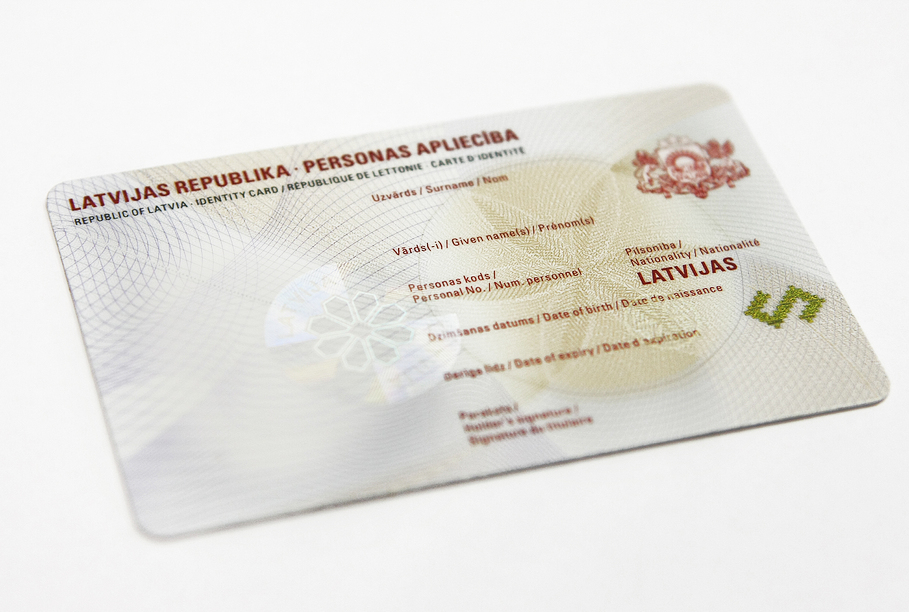In the last parliamentary elections there were over 62,000 citizens who only had an eID card for official identification, but the eID card is currently not a valid form of ID for voting in parliamentary elections. Authorities predict that for the next elections this number could reach 200,000.
As previously reported, in May 2019 Latvian lawmakers passed legislative amendments that make electronic identification cards (eID) mandatory identification documents for all residents of Latvia who have reached the age of 15. Passports will be optional documents or travel documents to countries which do not recognize Latvia’s eID. eID cards will also be a unified identification tool for access to the government e-services. The cards will become compulsory from January 1, 2023.
During the 2014 and 2018 elections eID card holders could apply for a special voter certificate, but the solution had several issues that decreased voter turnout and created an additional administrative burden. VARAM proposes that voting could be recorded using an online eID voter register instead of being stamped into passports, so that people could use the card as a valid document.
The ministry report suggests that new rented smartphones could be used to identify eID and passport holders using an app, keeping the option to manually record data as a backup. Mobile network operators would provide both logistics and user support. The technological solution could also be used to help people vote abroad. If the internet connection were to disappear, voting could continue using registered envelopes.
The report suggests using the solution for European Parliament elections, municipal elections, as well as for national referendums. The solution would cost 927,135 euros in total, which includes 430,491 euros for adapting the voter register program and 496,644 euros for smartphone rental.
The VARAM report also includes two alternative solutions: voting according to previously created voter registers (approximate cost of 914,343 euros), or voting using voter certificates sent to declared residences (costing 734,178 euros). The Cabinet of Ministers will evaluate the report on February 25.




























